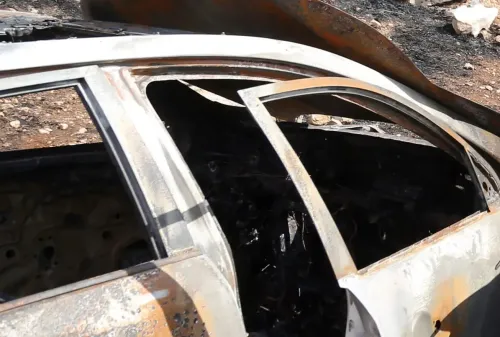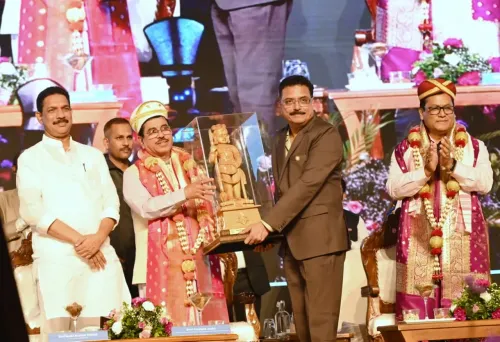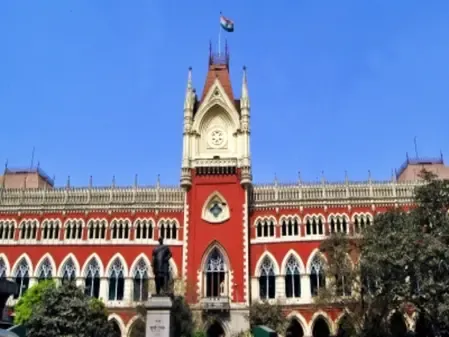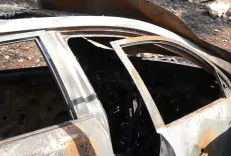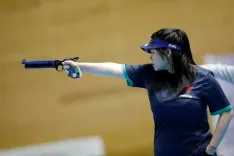Is There a Deepfake Video of Air Marshal Dixit Admitting Rafale Losses?
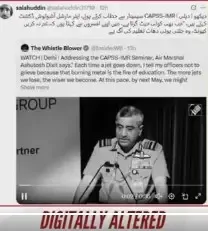
Synopsis
Key Takeaways
- Deepfake technology poses serious risks to public trust and national security.
- The PIB has confirmed the video is a manipulated fabrication.
- Air Marshal Dixit's actual remarks focused on technological advancements and operational success.
- Digital vigilance is necessary to combat AI misinformation.
- Always consult official sources for verified updates.
New Delhi, Nov 13 (NationPress) The Press Information Bureau (PIB) Fact Check unit has issued a stern alert regarding a deceptive AI-generated deepfake video that is making rounds on social media, mainly propagated by Pakistani propaganda accounts.
This altered video falsely portrays Air Marshal Ashutosh Dixit making dangerously misleading political statements regarding the loss of Indian Air Force (IAF) Rafale jets.
The manipulated footage attempts to instill doubt and division by misrepresenting the Air Marshal's words, leading viewers to believe he admitted: "Yes, we lost our Rafale jets in May and that’s exactly where our strength lies, in learning fast... the more jets we lose, the wiser we become."
This fabricated assertion is entirely false and seeks to erode trust in the Indian Armed Forces.
According to PIB's investigation, the viral video is a digital modification of an original speech delivered by Air Marshal Dixit.
In the authentic footage, the senior officer did not mention any lost jets. Instead, he emphasized the technological and strategic lessons learned from "Operation Sindoor," highlighting advancements in electronic warfare and cyber resilience.
The Air Marshal’s verified statements focused on operational achievements and information warfare: "Operation Sindoor also has taught us the value of electronic warfare and cyber resilience. We could jam hostile communication, blind enemy surveillance radar and take out the enemy's drones, all thanks to innovative solutions by Indian industry and academia...."
He also stressed the significance of the "cognitive domain," asserting that "winning the cognitive fight in media, in public perception and morale is just as important as guns and rockets."
This incident highlights the pressing need for digital vigilance against the backdrop of rapidly evolving AI misinformation technology.
“Numerous Pakistani propaganda accounts are disseminating a 'doctored video' that falsely depicts Air Marshal Ashutosh Dixit making political claims about Rafale jet losses,” the PIB Fact Check stated on X.
“Beware of AI-generated fabrications designed to create discord and suspicion. Stay vigilant. Do not share such misleading content. For credible updates, trust official sources,” it added.

